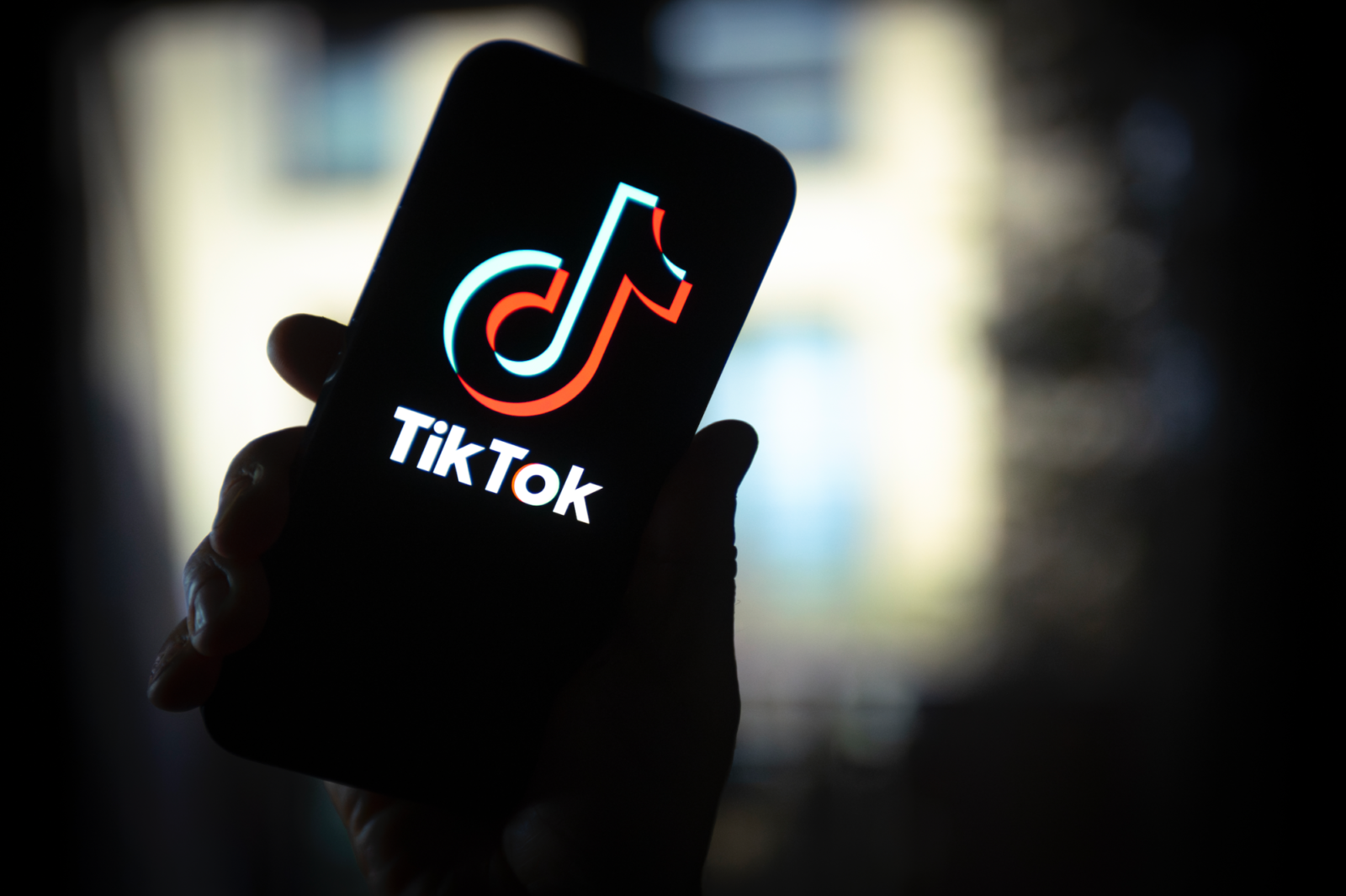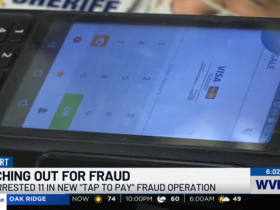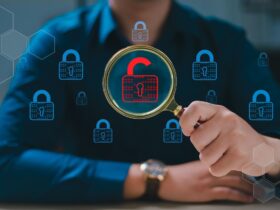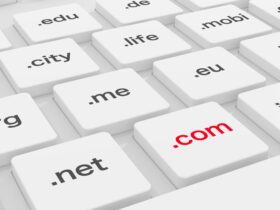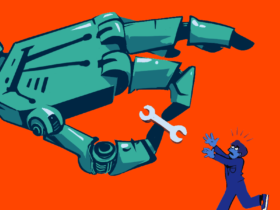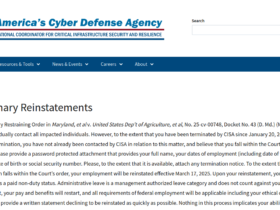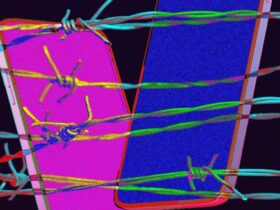Conservative Australian politicians are calling on the government to act after a bill to force TikTok to divest from Chinese ownership passed the United States’ lower house last week.
On Wednesday the US House of Representatives voted to pass a bill that would give TikTok’s majority Chinese-owned parent company Bytedance just under six months to divest its interest from the app, or it will be banned in the US, its largest market.
Videos by VICE
While the bill is yet to pass the US senate, the proposed ban’s implications are significant, and likely to encourage change to Australia’s legislative approach towards platform regulation.
Like the US, Australian intelligence organisations are concerned about the Chinese Communist Party’s (CCP) access to data collected on TikTok. While Bytedance has said it has never and will never share data from the US or Australia with the CCP, under China’s 2017 National Intelligence Law the company could be compelled to do so.
Conservative politicians want Australia to follow the US’s lead. Opposition leader Peter Dutton called on Prime Minister Anthony Albanese to “show leadership” over the matter.
“So far the Prime Minister hasn’t done that. And I think the Prime Minister, particularly at a time like this, doesn’t need to be weak. He needs to be strong and show the leadership that’s required to keep Australian kids safe online,” Mr Dutton said.
Opposition home affairs spokesman James Paterson, who has labelled TikTok a “bad faith actor”, said Australia should not be “left behind”, and that “equivalent legislation” should be prepared.
But Albanese has said his government has no plans to outlaw the app in Australia, stating while the government would continue to follow security advice, it hadn’t received any advice to ban TikTok.
“You need to have an argument for it, rather than automatically just ban things,” Albanese told ABC Radio.
Is TikTok really a threat to Australia’s national security?
All social media apps should be considered a threat to national security. They collect data on users in Australia, and that information has been sold and influenced in the past to affect civilian behaviour.
The most notable example was in 2016, when political consulting firm Cambridge Analytica leaked the Facebook data of 87 million users to Russian intelligence entities, which influenced that year’s US election. Facebook was fined $5 billion for its recklessness.
And in Australia there are growing concerns around TikTok’s dissemination of content.
On Tuesday, the eSafety commissioner, Julie Inman Grant, announced she had issued legal notices to Google, Meta, Twitter/X, WhatsApp, Telegram and Reddit which would force them to report on steps they’d taken to remove violent and extremist content.
TikTok is the only major social media platform that isn’t signed up to a global anti-extremism pact. The Global Internet forum to Counter Terrorism was formed in 2017 and aims to share information to target violent content online.
Inman Grant said TikTok was “sort of behind the rest of the companies”.
Inman Grant noted that other members of the group may have been uncomfortable co-operating with a Chinese-owned firm, The Age reported.
The use of TikTok on government devices was outlawed in Australia in 2023, with the government citing “significant security and privacy risks”.
Australia has precedence for acting on security concerns over Chinese influence. In 2018, the government blocked Chinese telecommunications giant Huawei from rolling out on Australia’s 5G network, citing concerns over the vulnerability of telecoms systems to subversion for espionage, and interference from a foreign government.
Arielle Richards is the multimedia reporter at VICE Australia, follow her on Instagram and Twitter.





